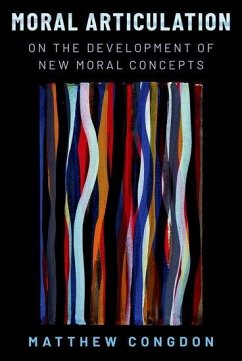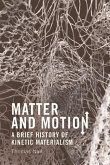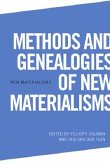This book explores historical changes in the words and concepts we use to describe morally significant experiences and events. Focusing on cases like the invention of the term "genocide" in 1942 and the development of the concept of "sexual harassment" in 1975, Moral Articulation offers a philosophical account of the historical process of moral concept formation. Author Matthew Congdon calls this process "moral articulation." The book explores two philosophical questions raised by such examples. First: are morally meaningful experiences always capturable in words or do they sometimes extend beyond what we can make linguistically explicit? Congdon answers this by defending a theory of moral meaningfulness as extending beyond what we can express in language. Second: do new developments in moral language simply label pre-existing phenomena, or do they have transformative effects upon the experiences and situations they newly describe? Congdon answers this by defending a theory of moral truth as a complex historical result of collective efforts of articulation.
Hinweis: Dieser Artikel kann nur an eine deutsche Lieferadresse ausgeliefert werden.
Hinweis: Dieser Artikel kann nur an eine deutsche Lieferadresse ausgeliefert werden.








